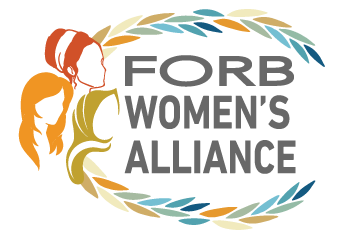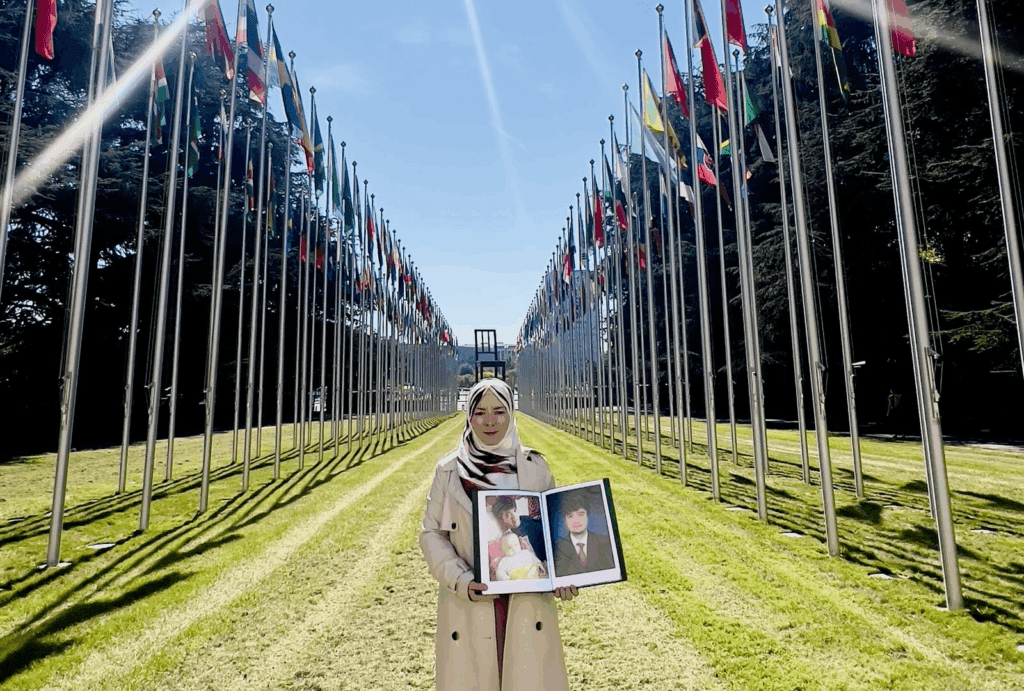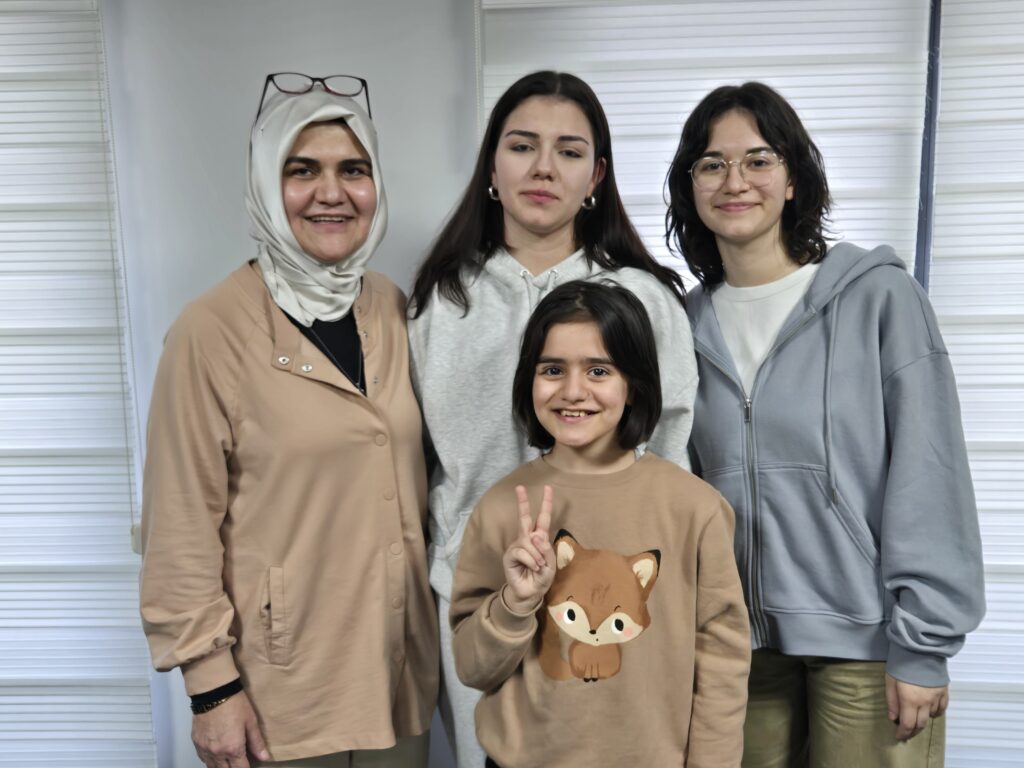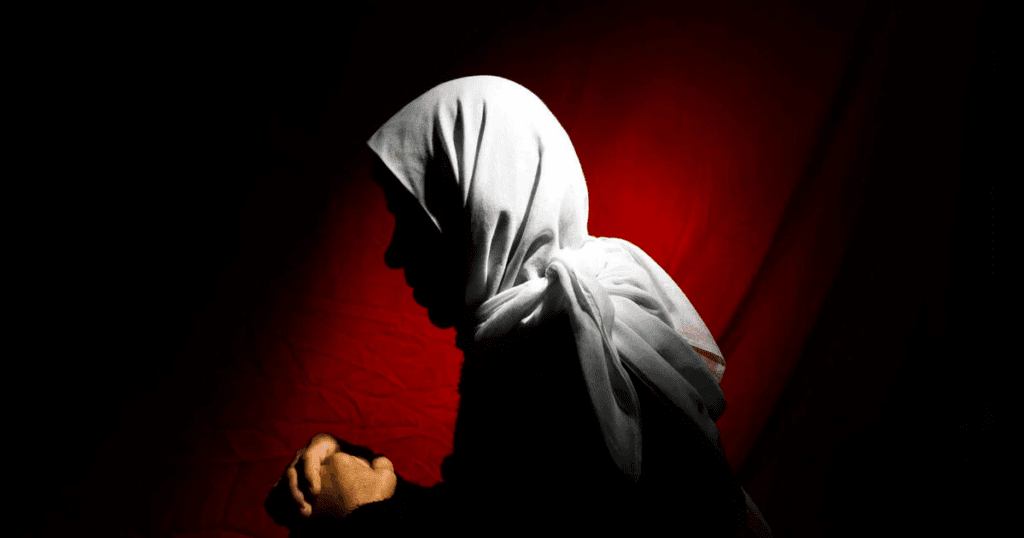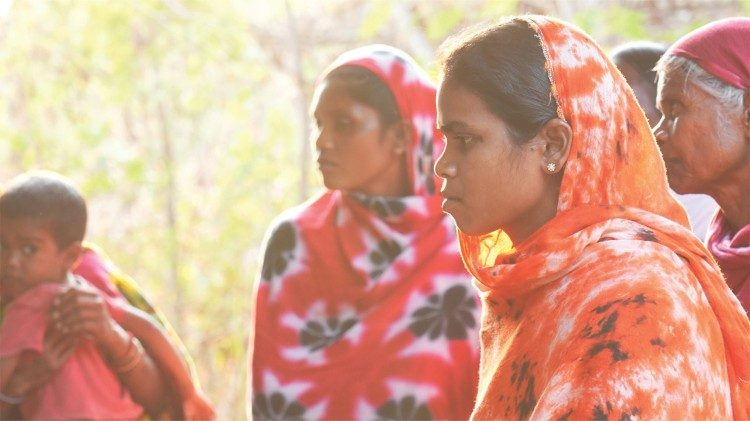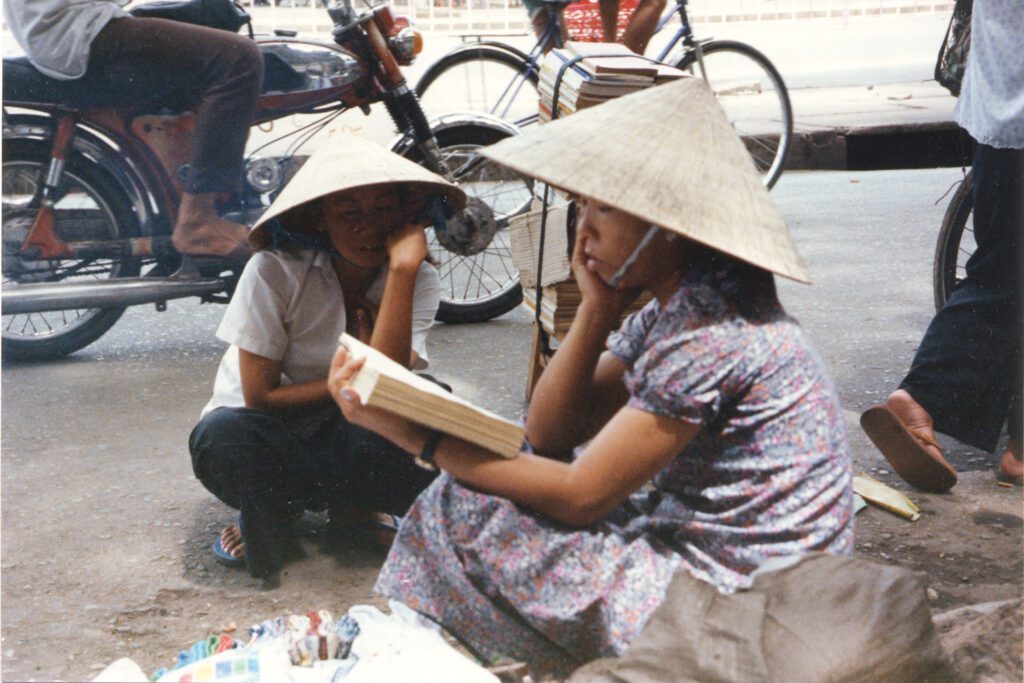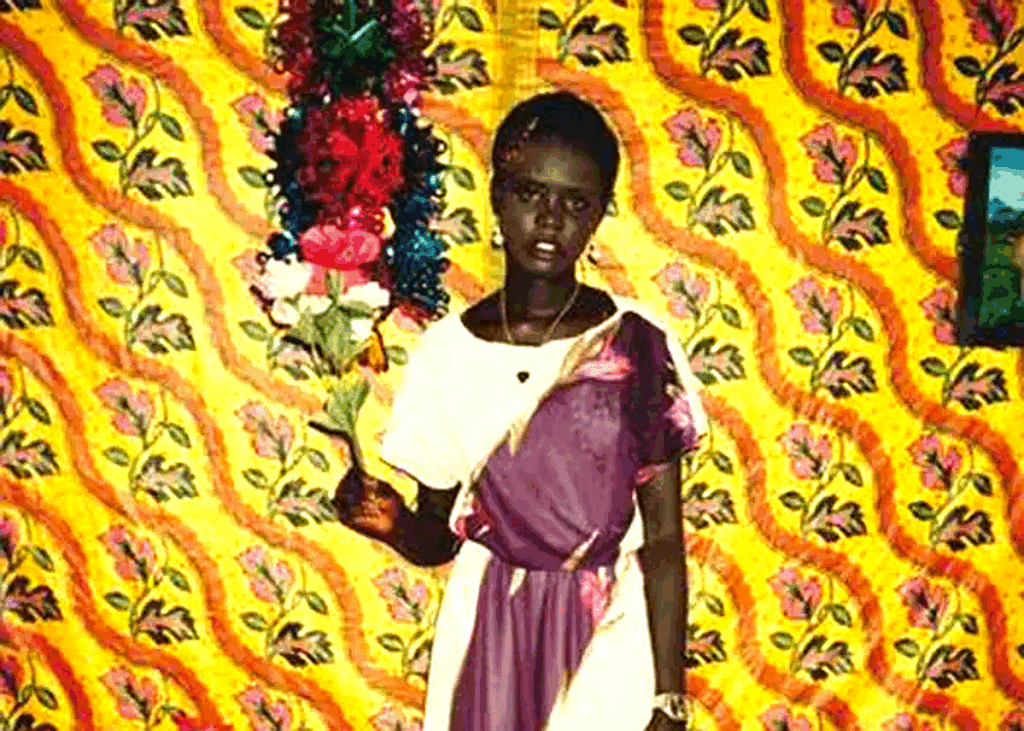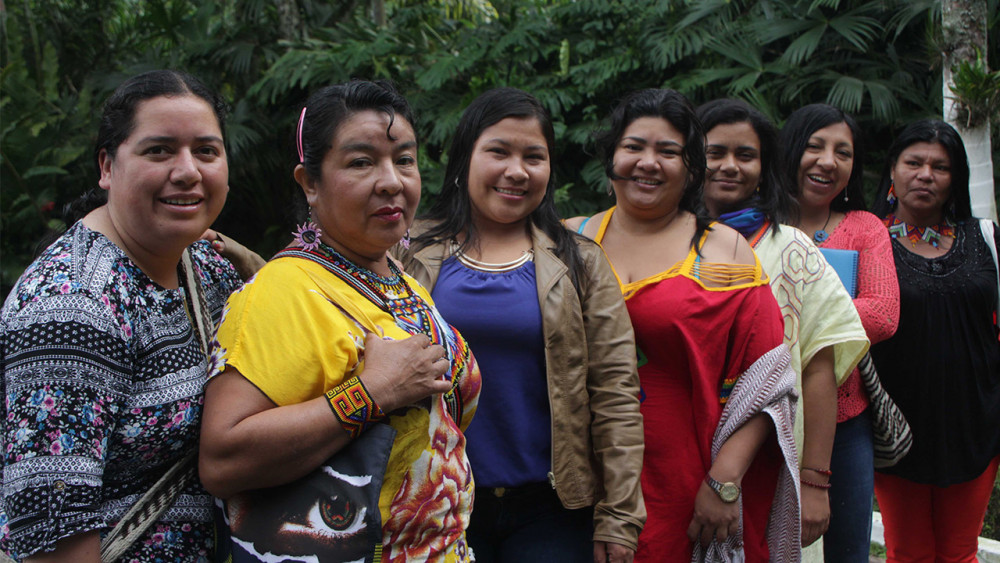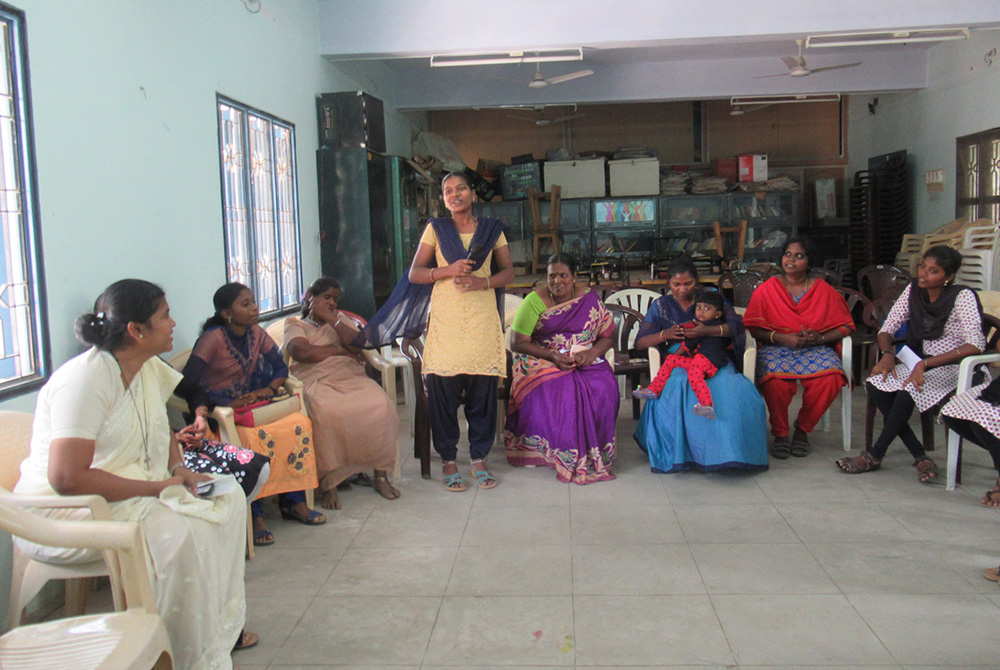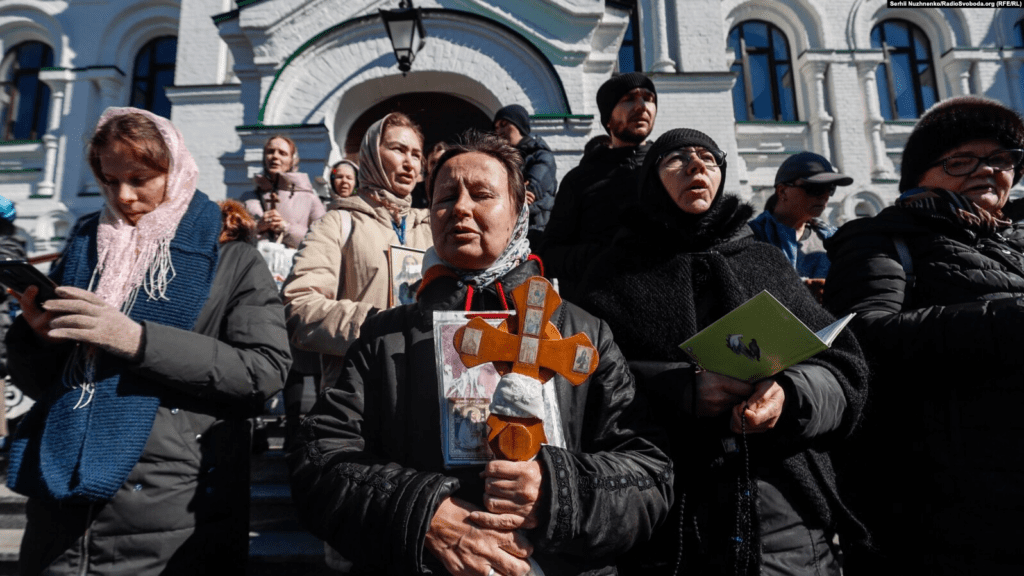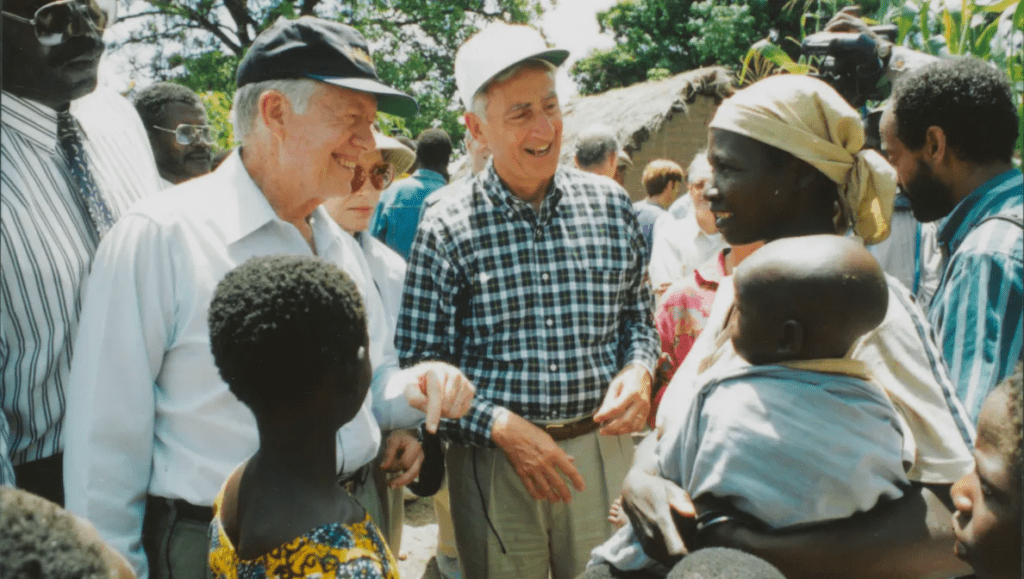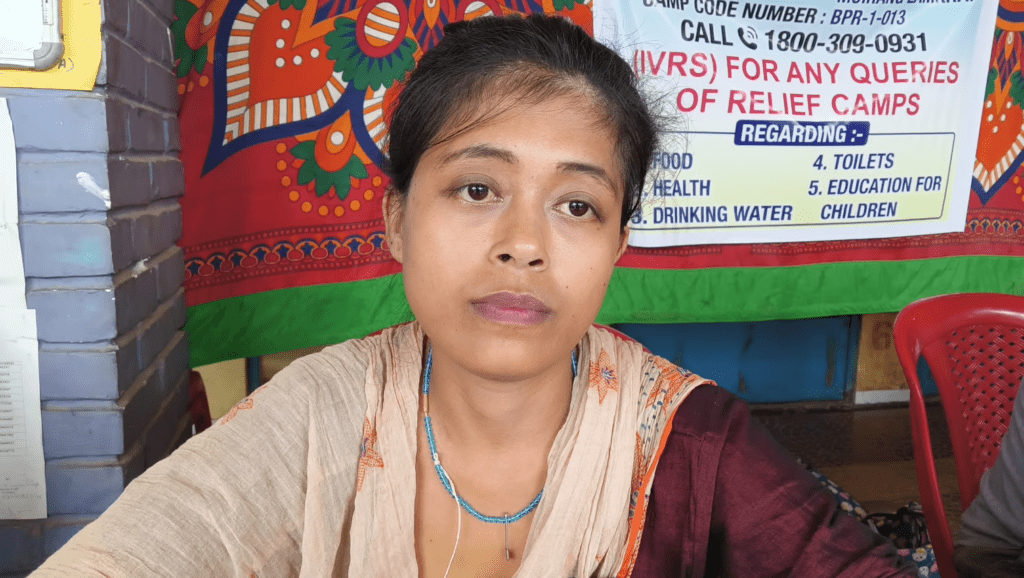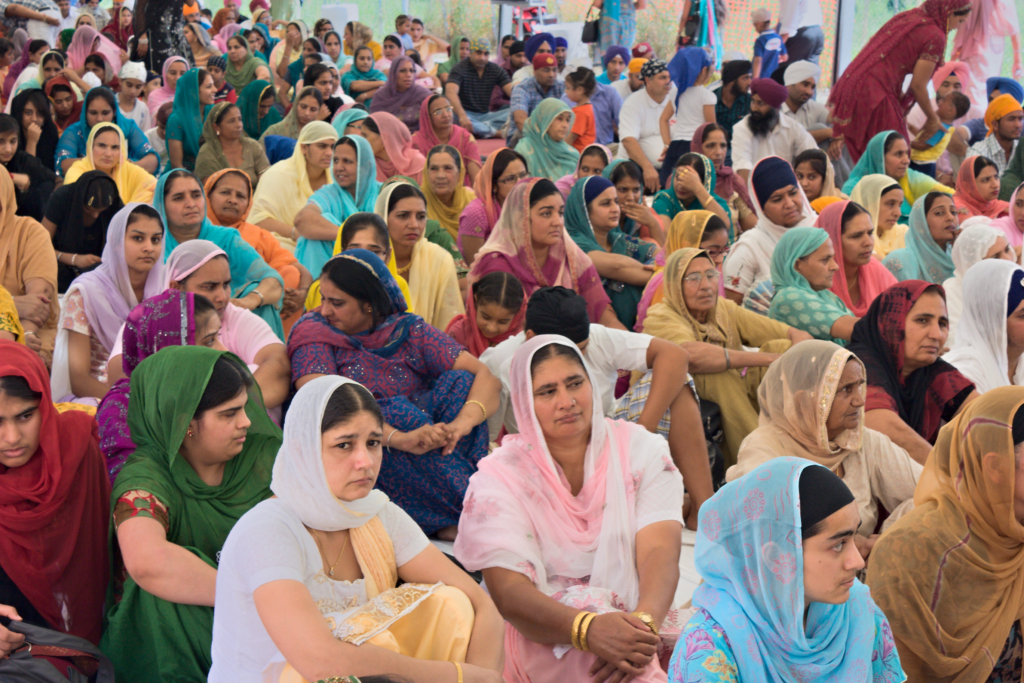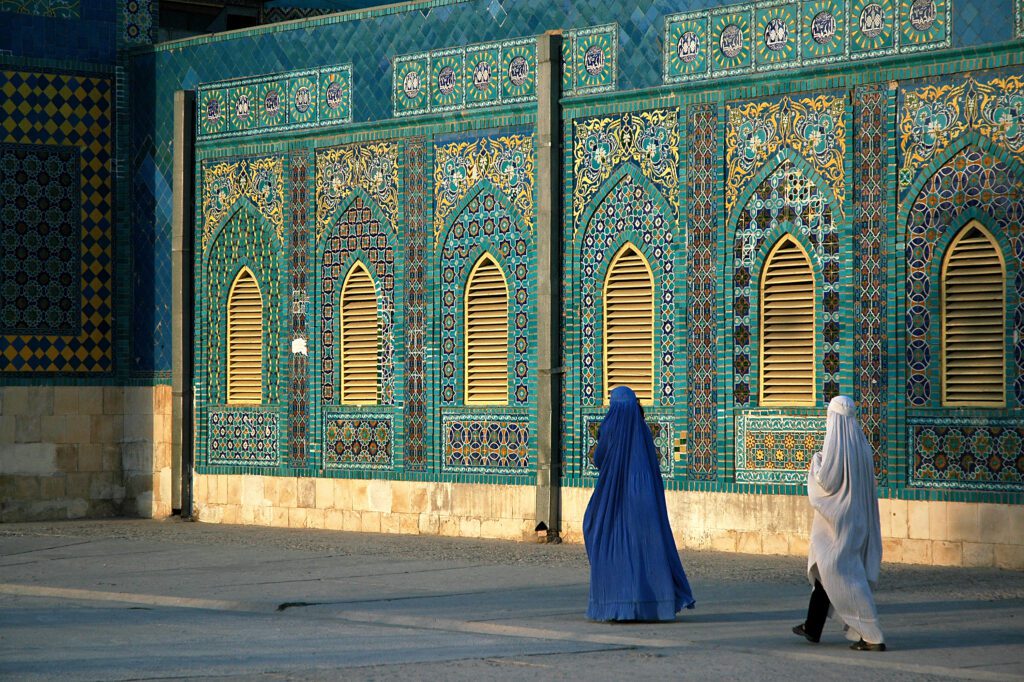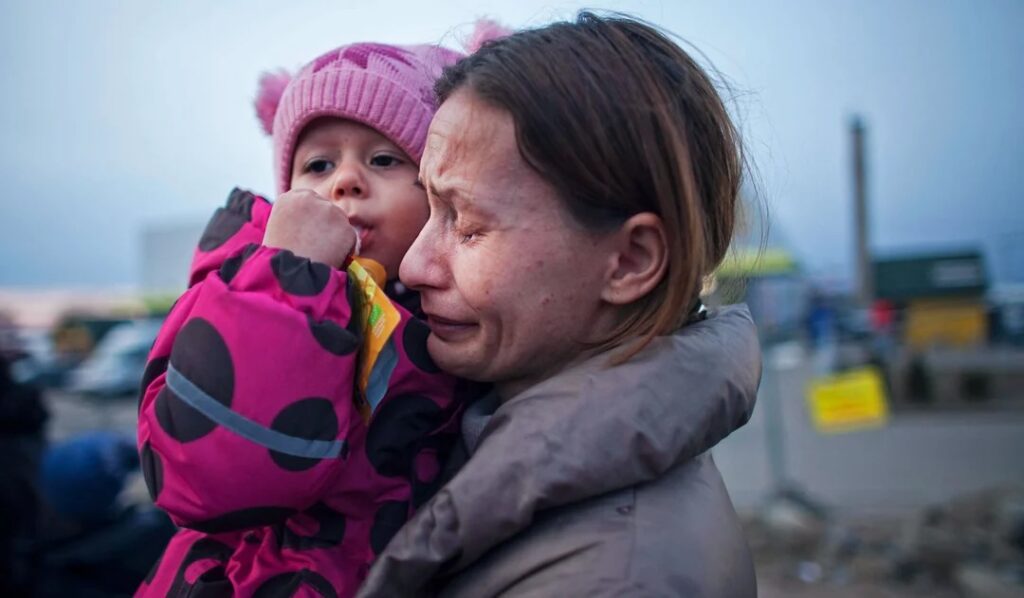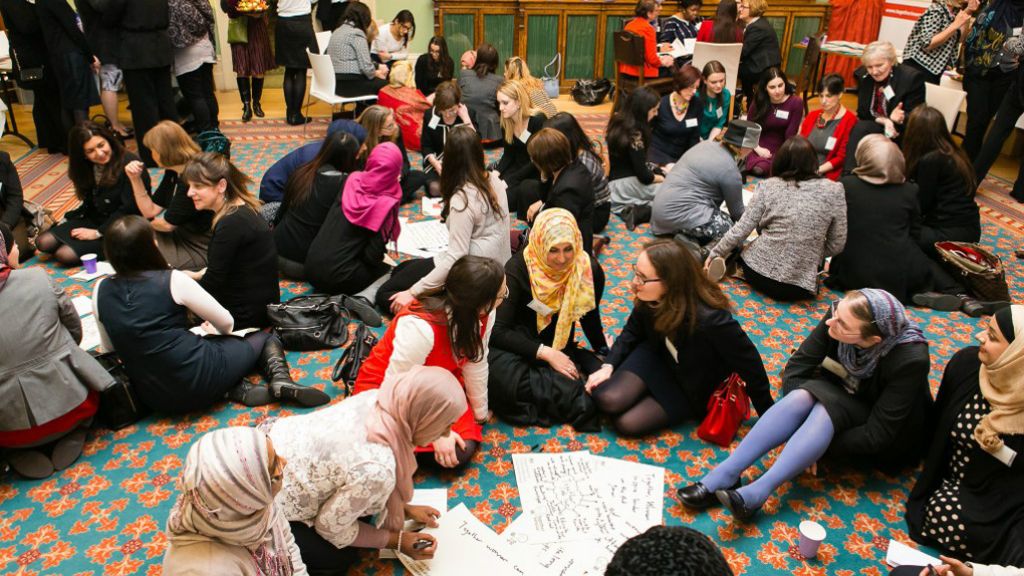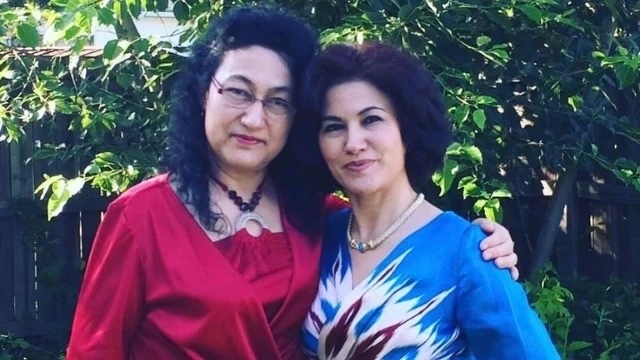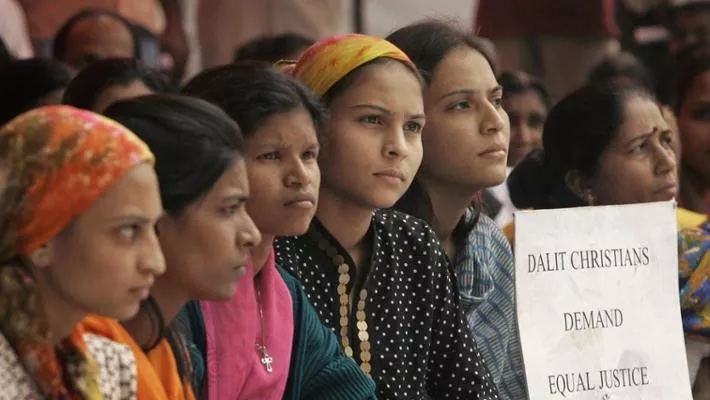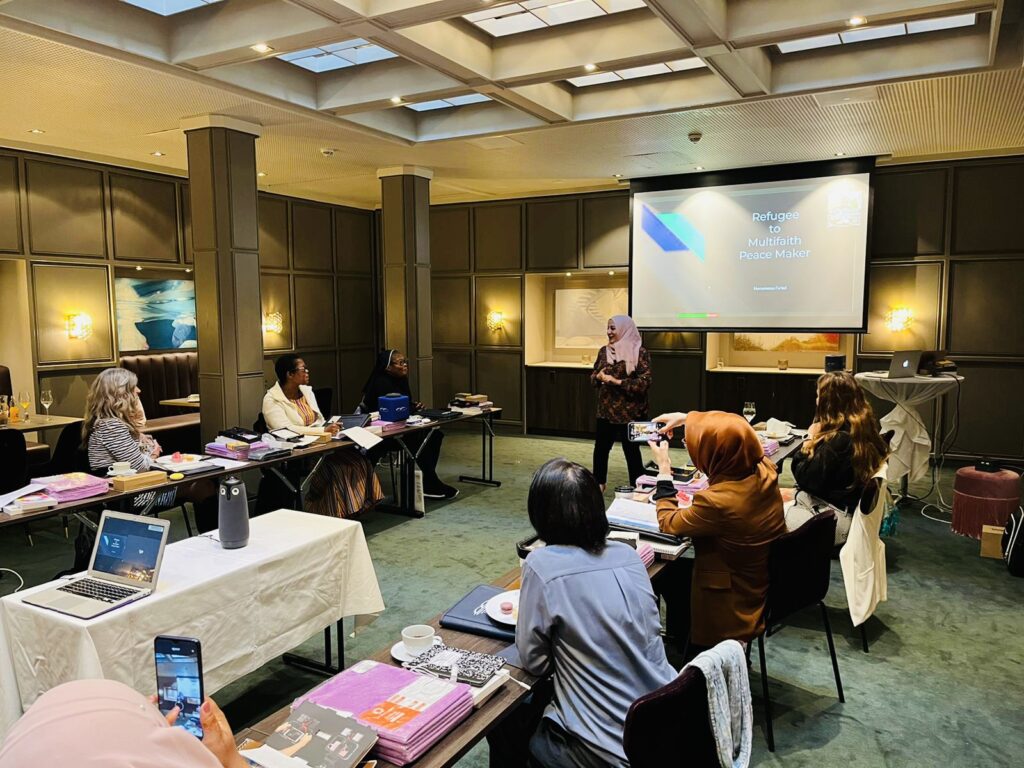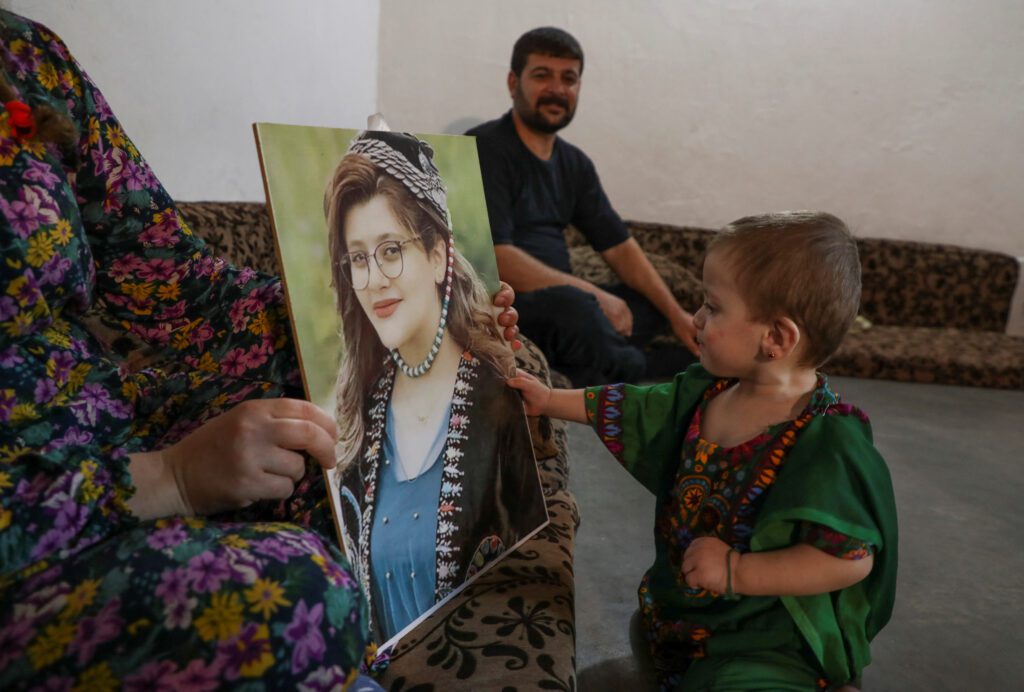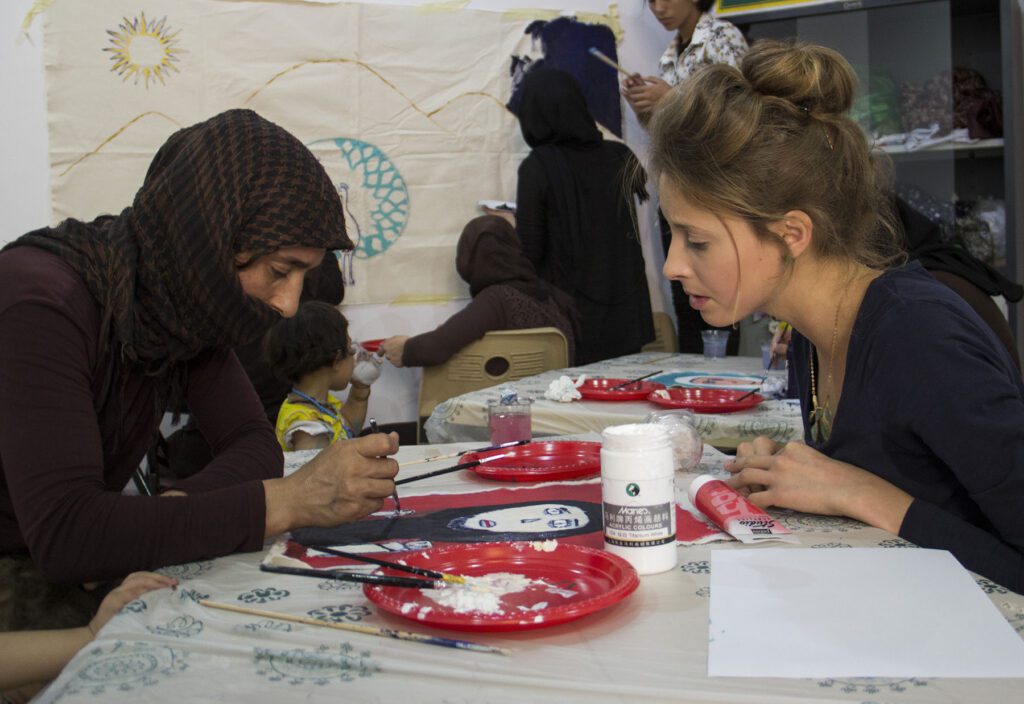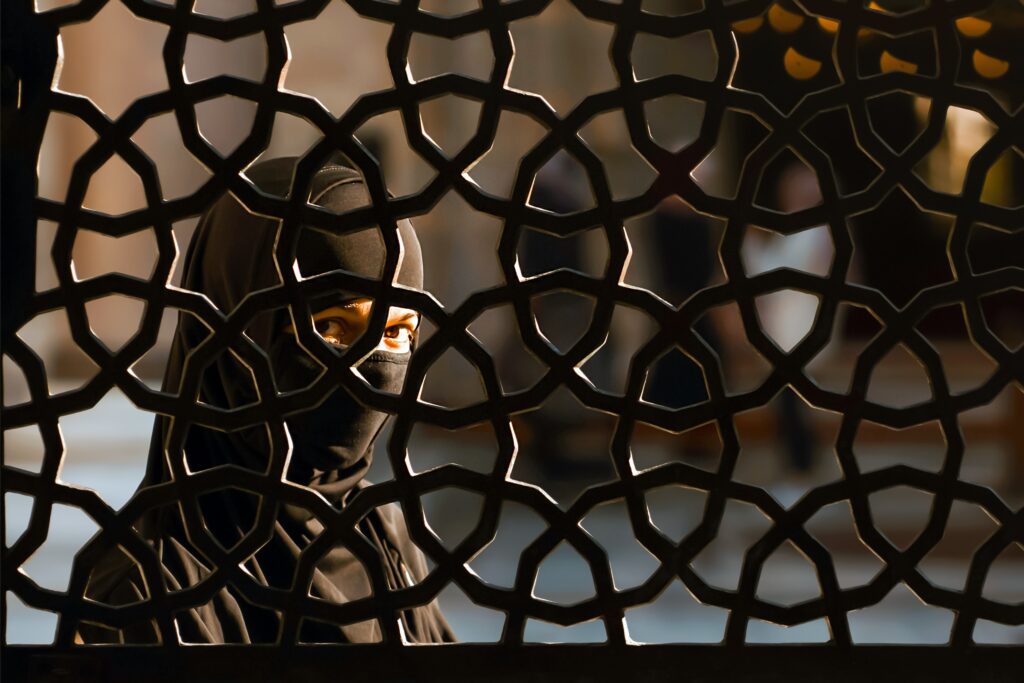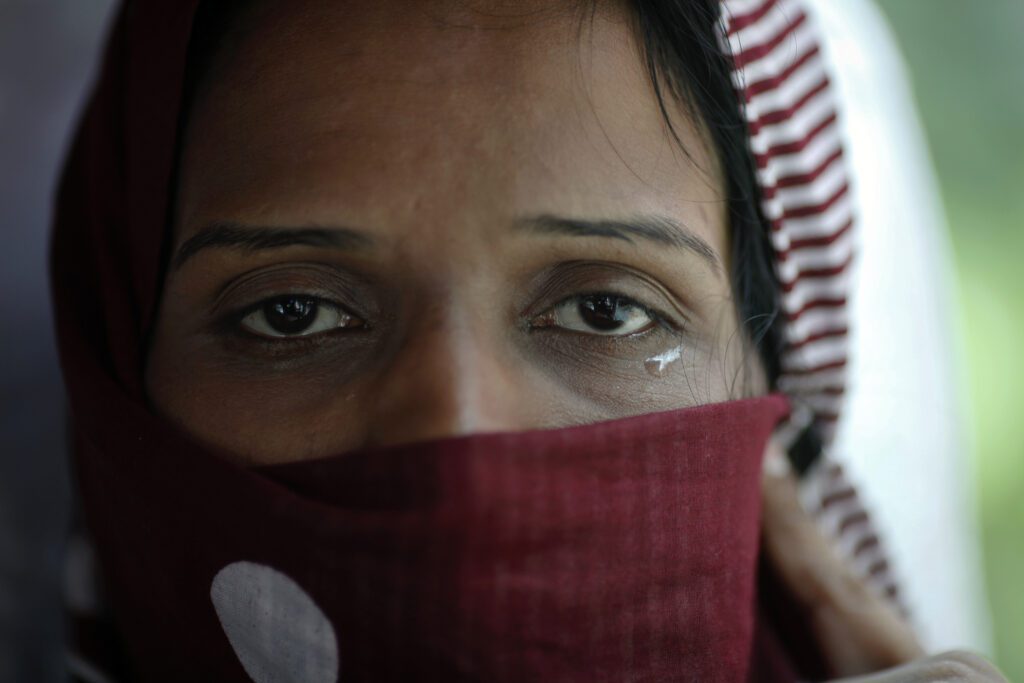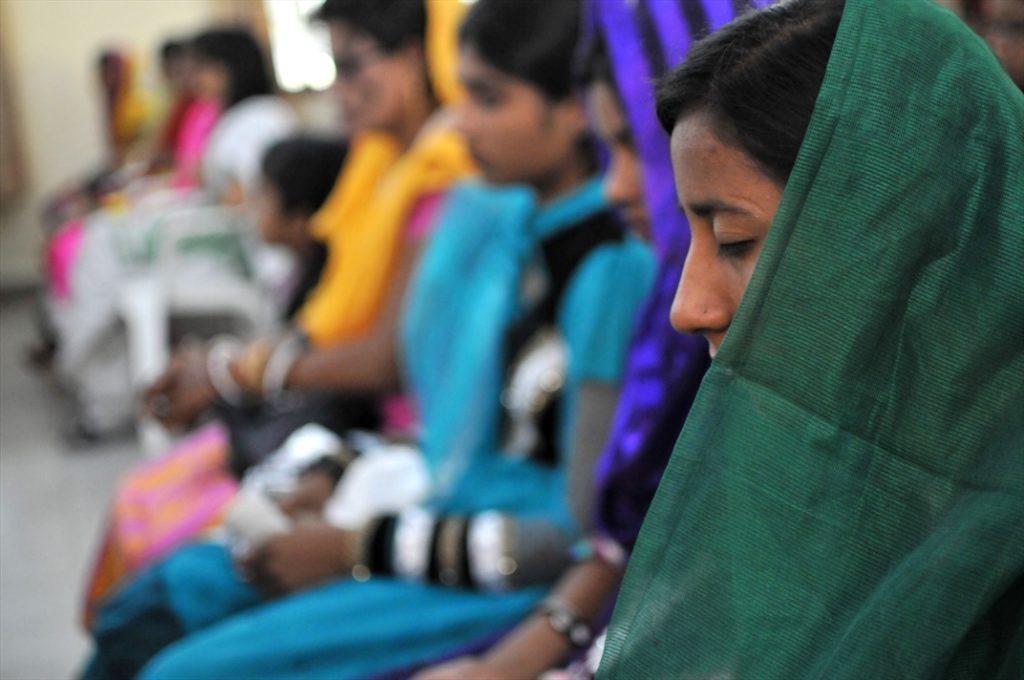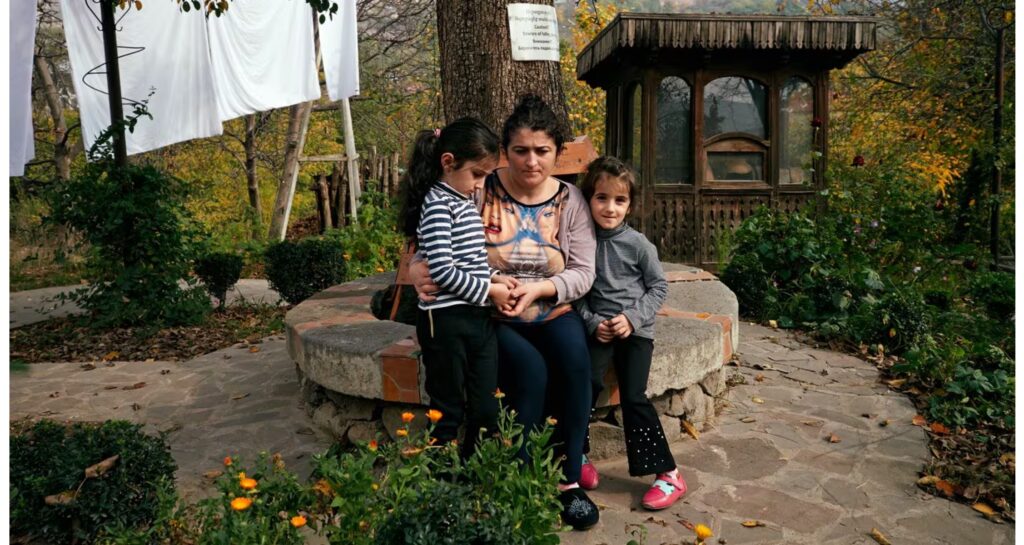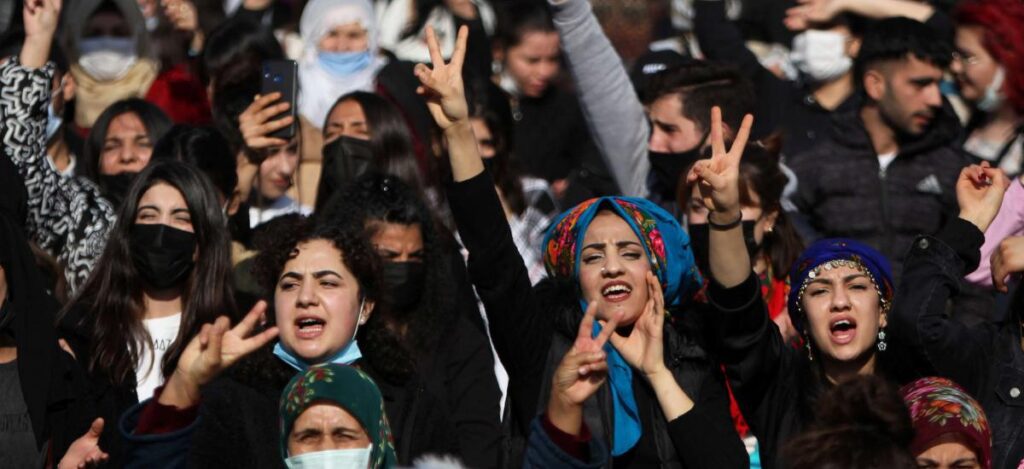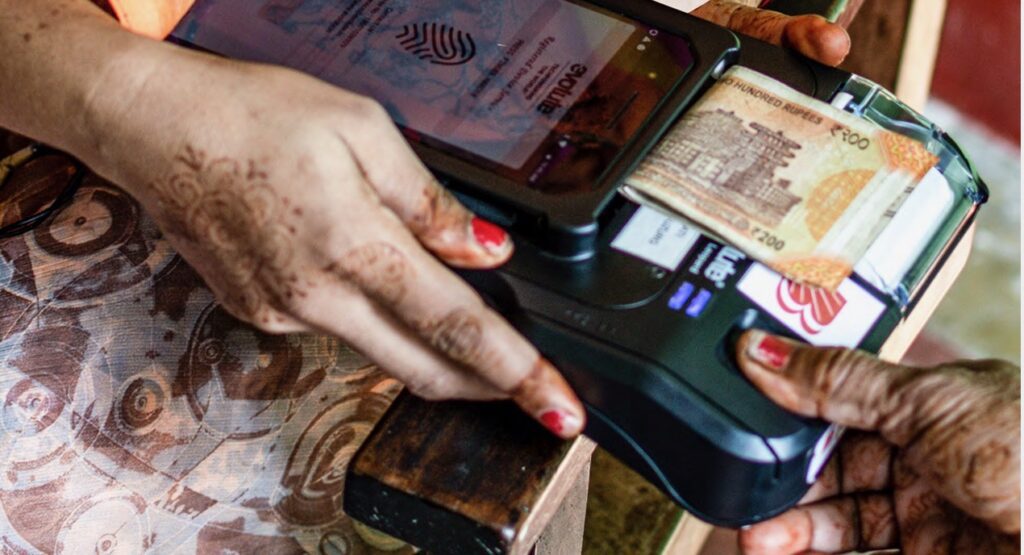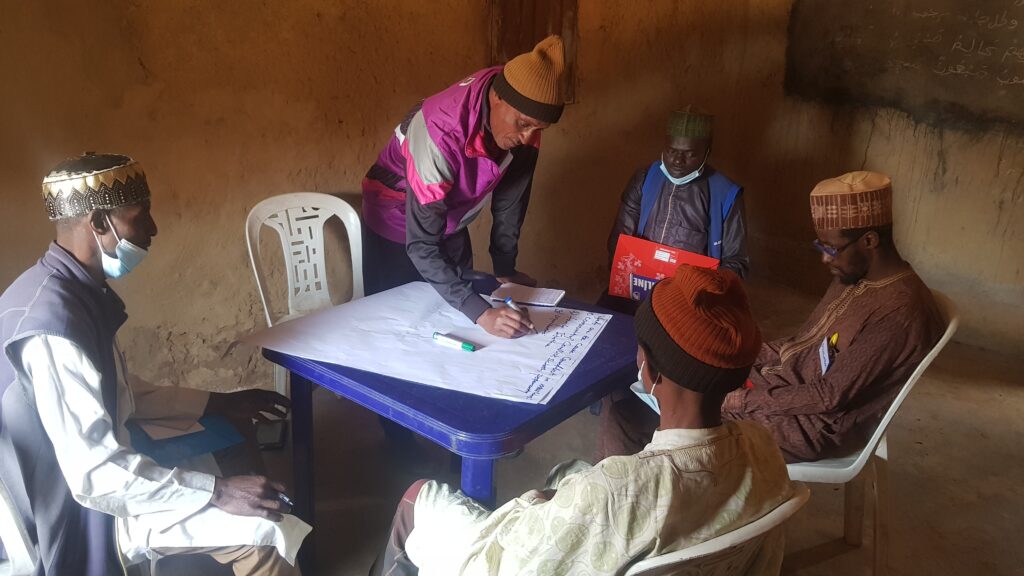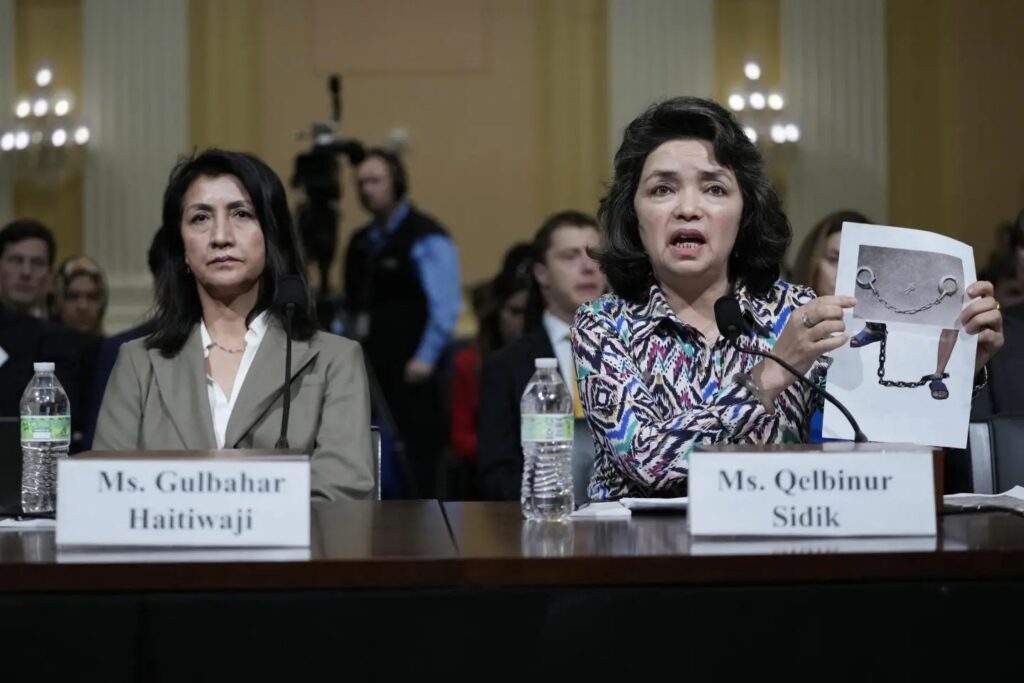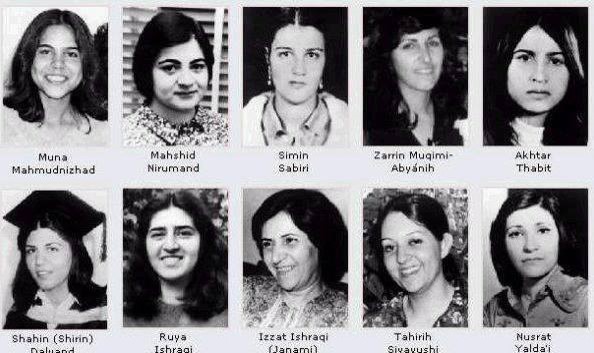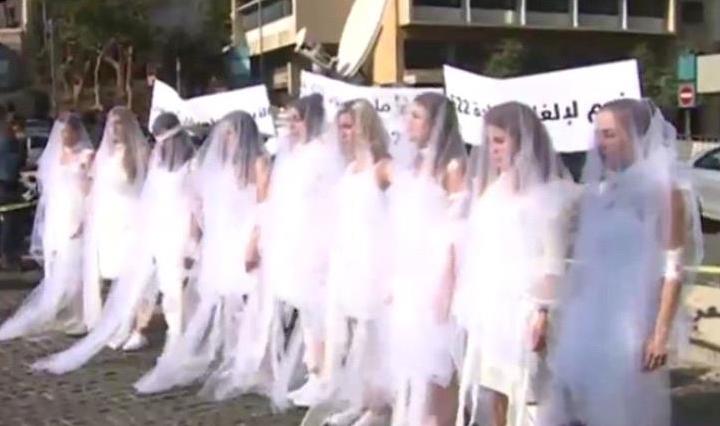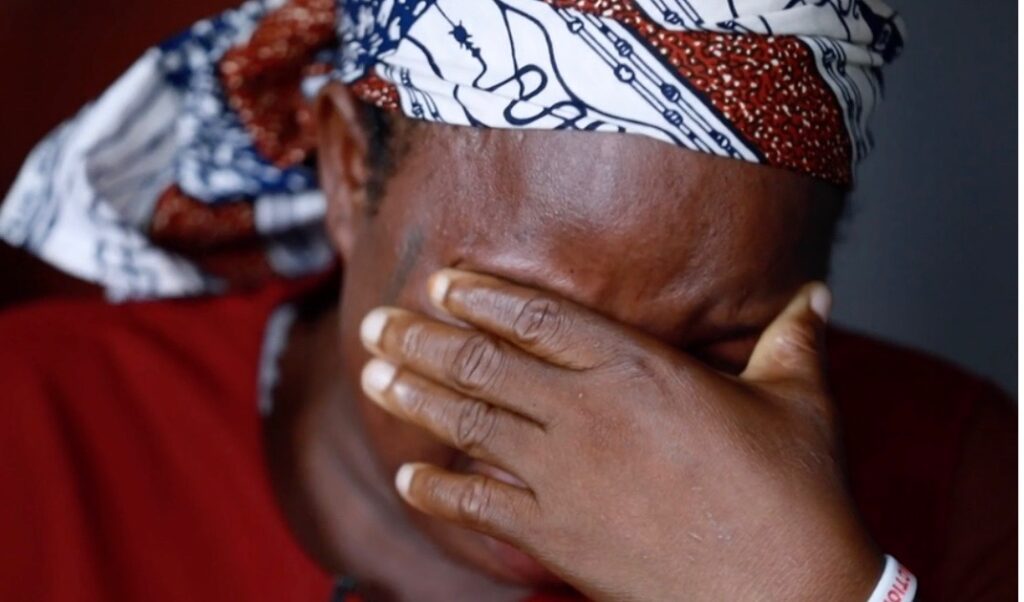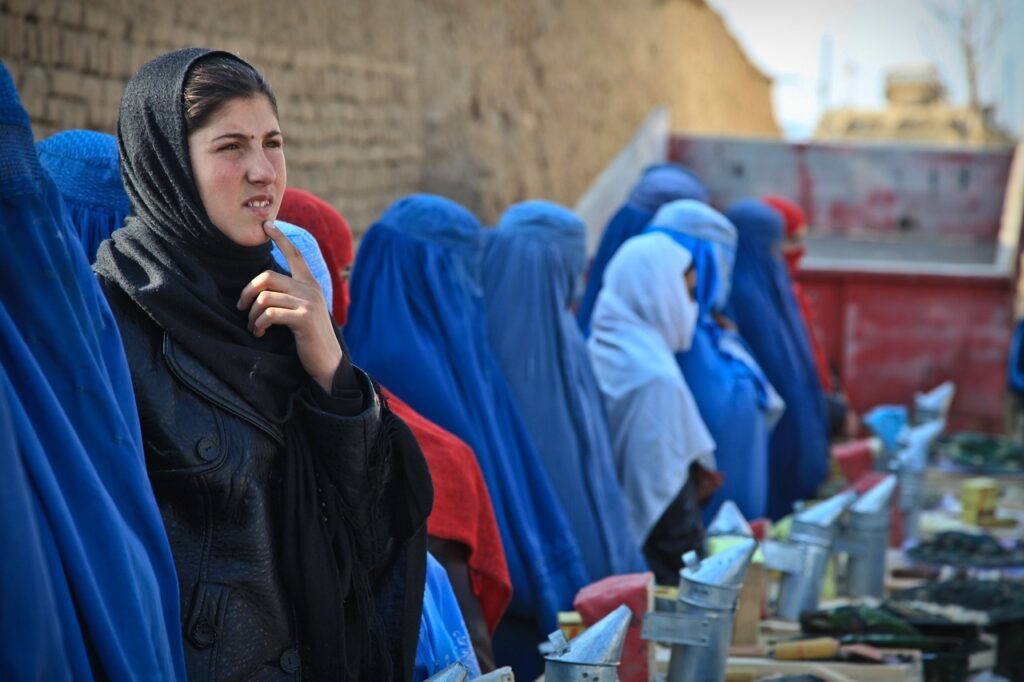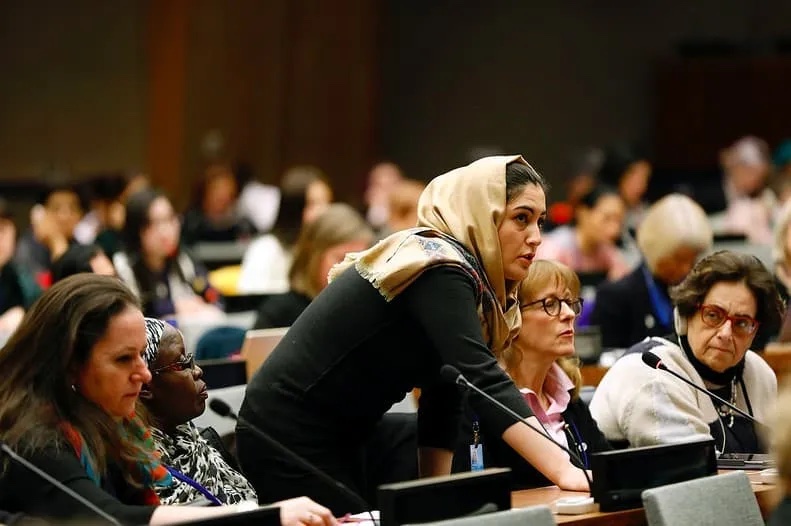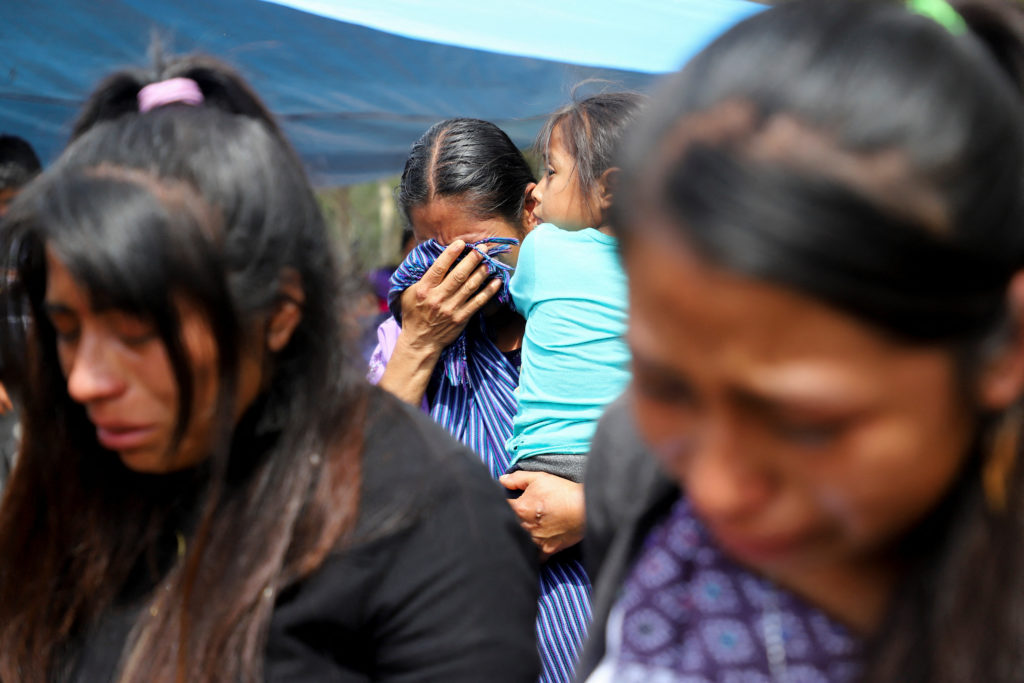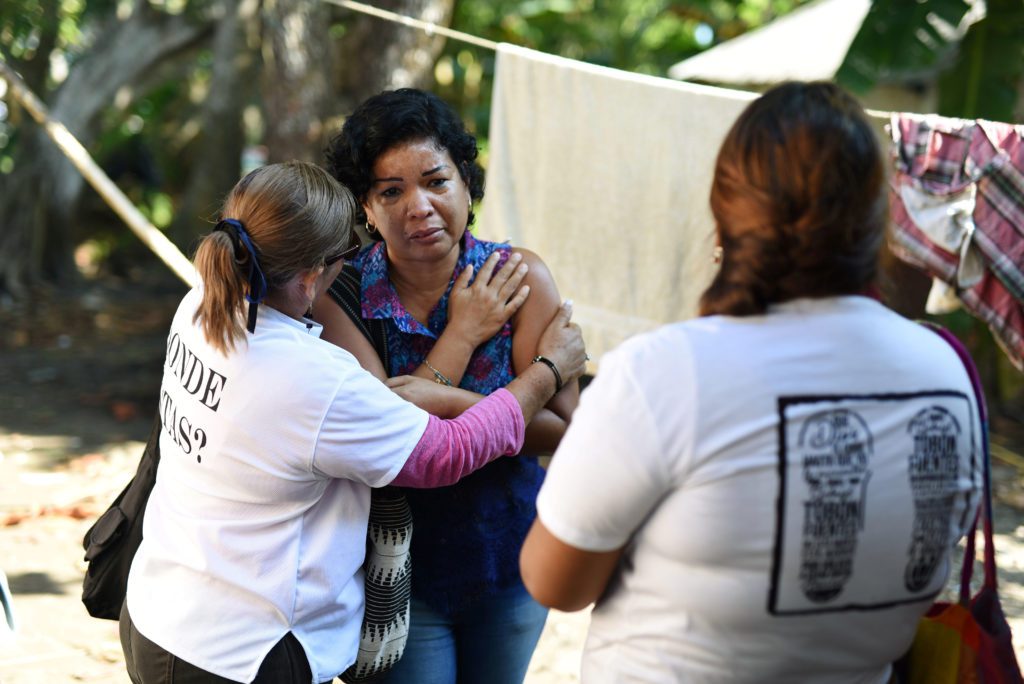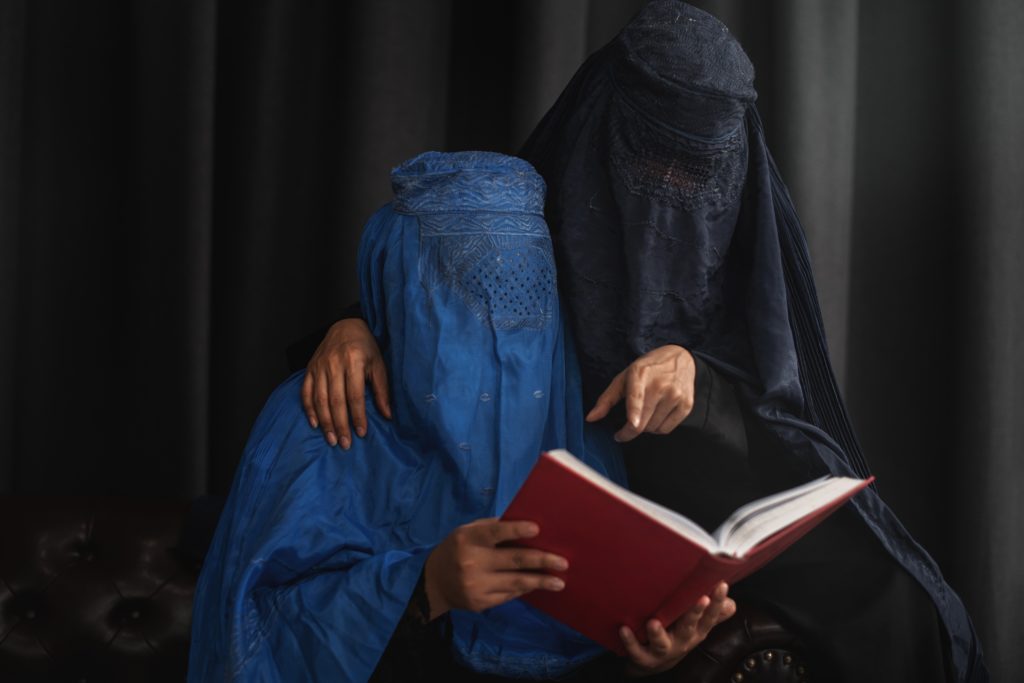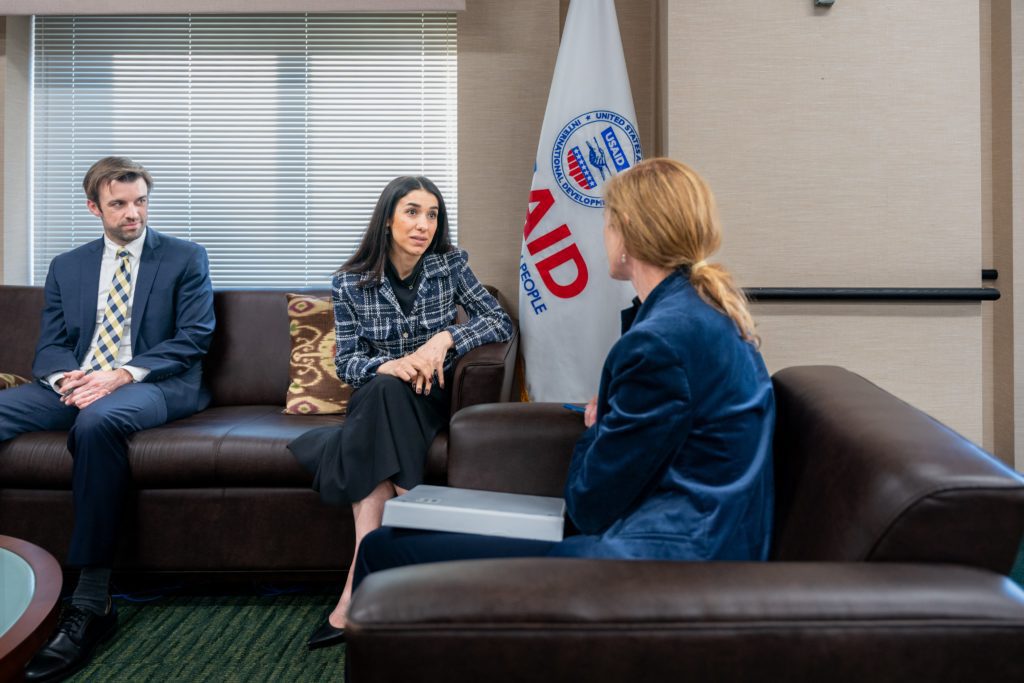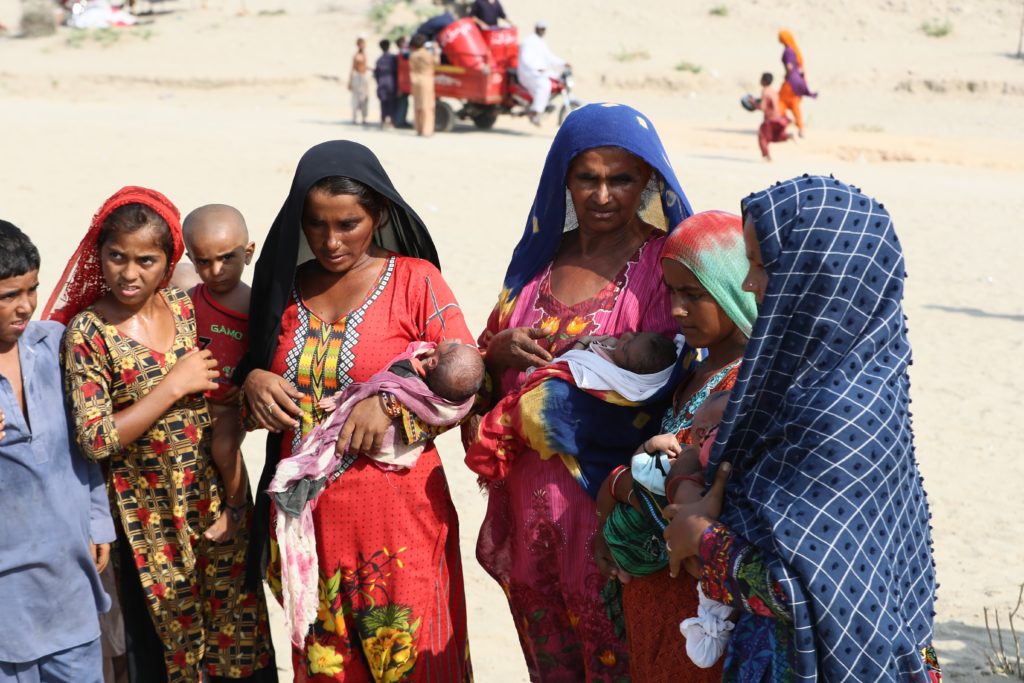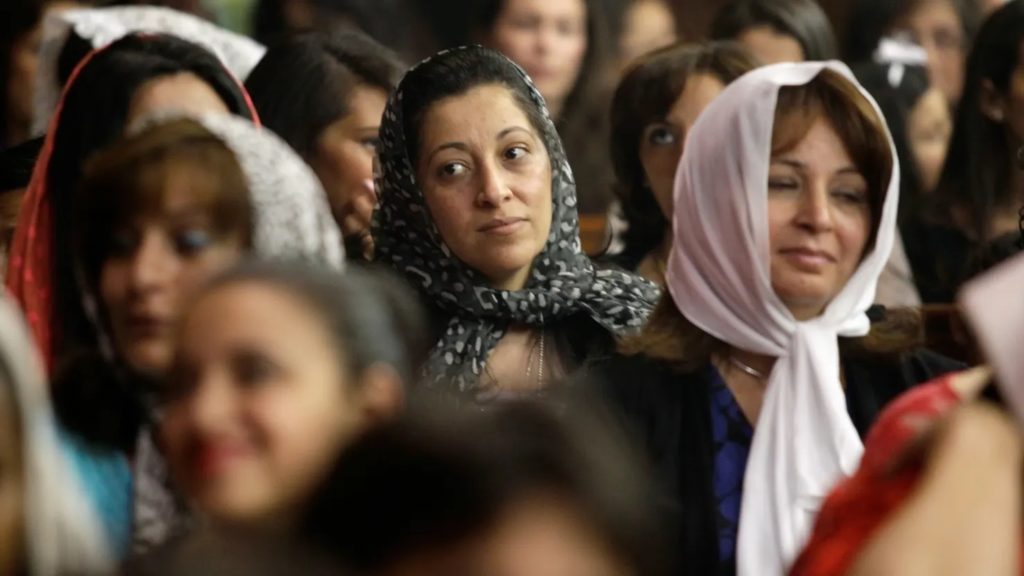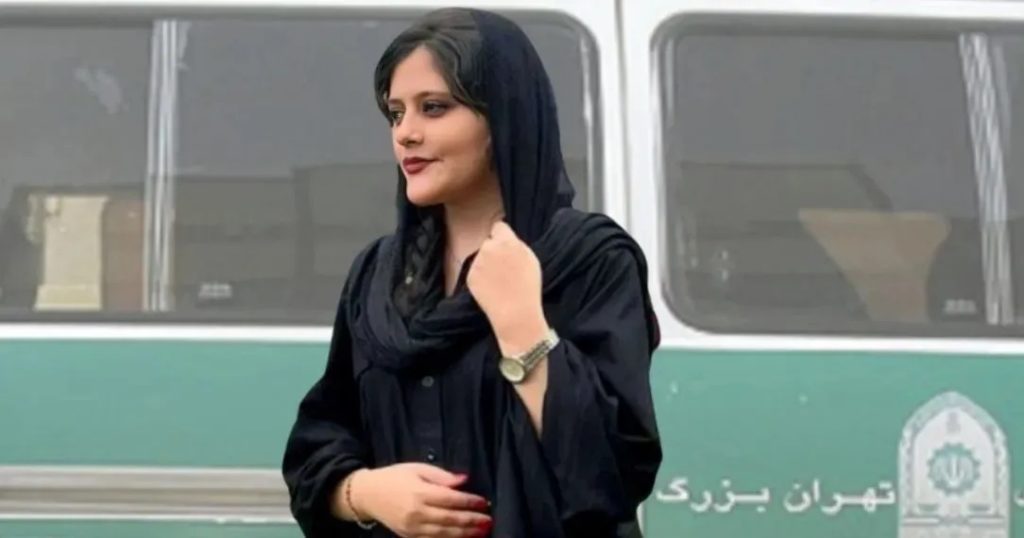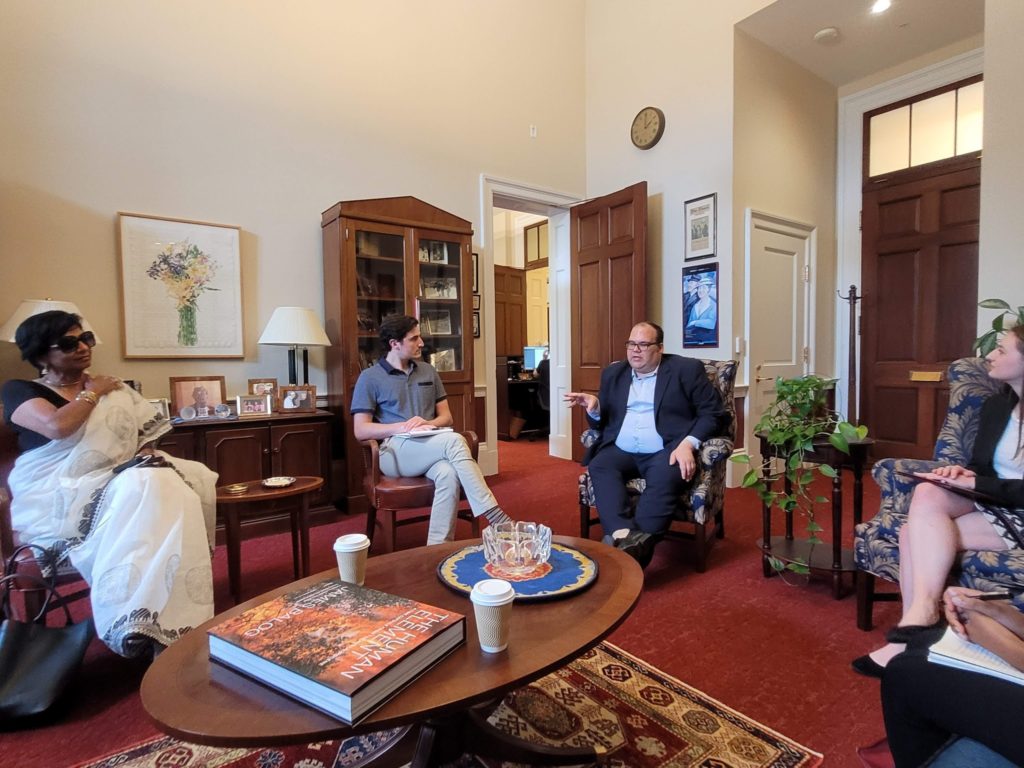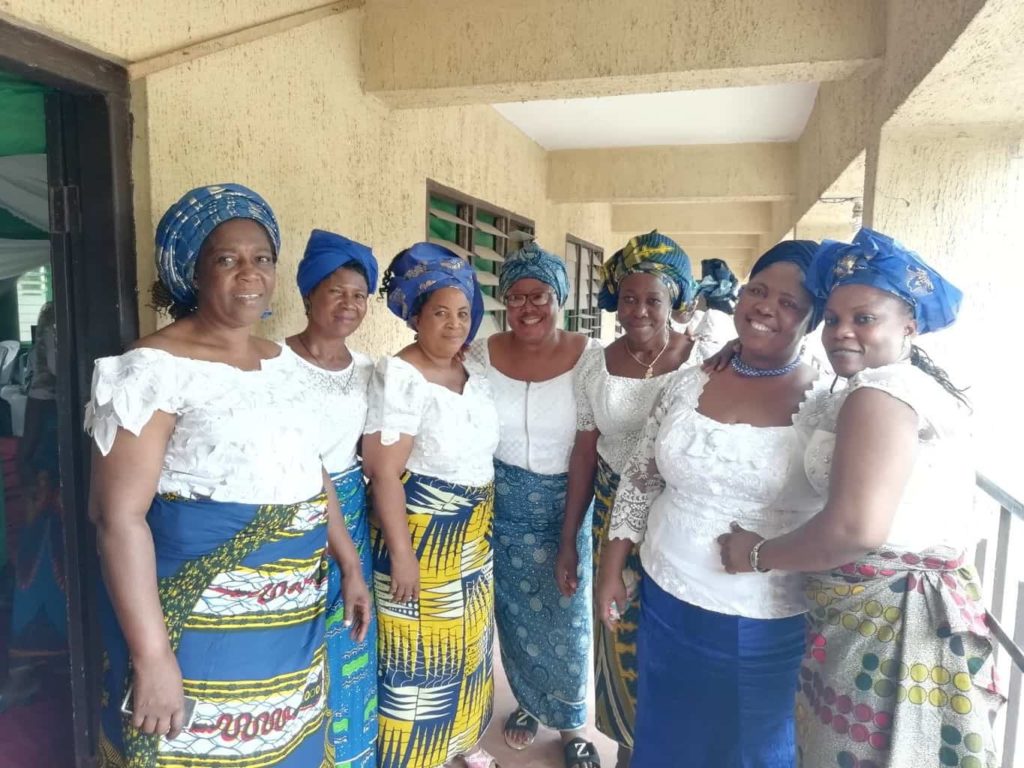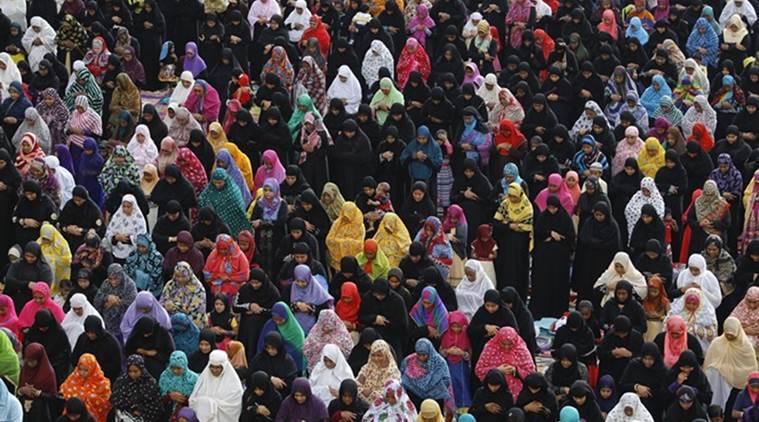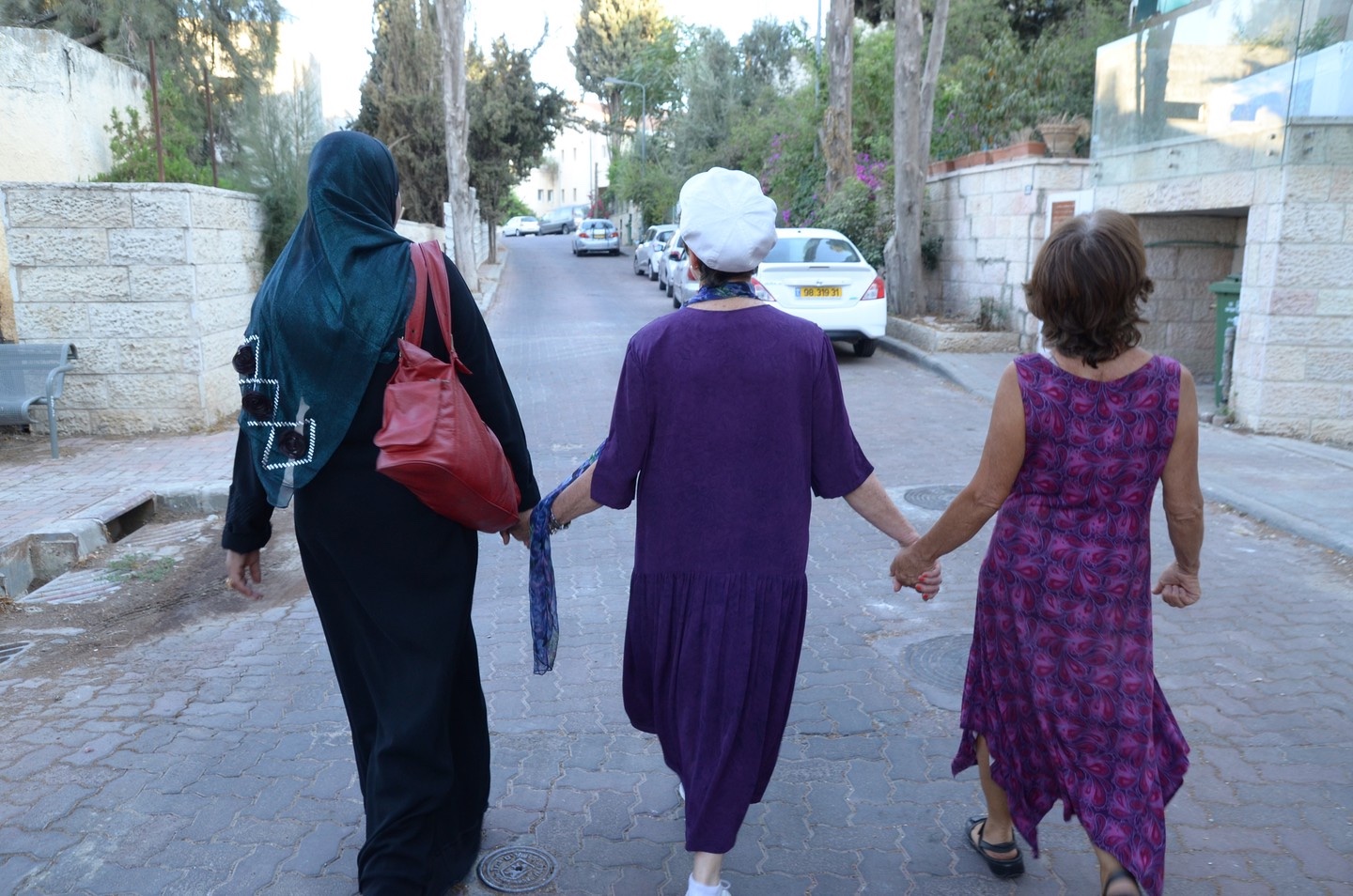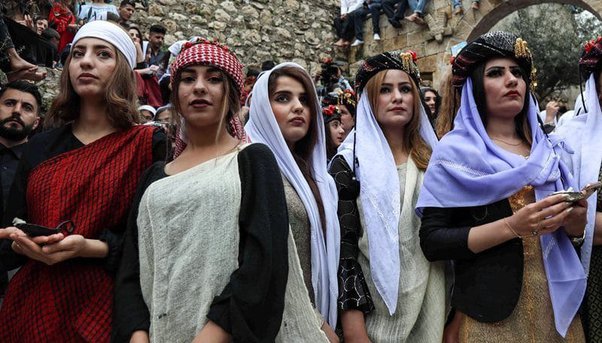Violations abroad of religious freedom or belief (FoRB) impact all aspects of the lives of women (and girls), including their human rights. Women and girls experience similar kinds of violations as do men: governments harass and imprison them, and state and non-state actors commit physical violence against them. But they also confront distinctive violations because of their gender and religion or belief identity, which often are intensified due to their social-economic status and cultural norms.
Because of these and other factors, women experience different kinds of violations than men. These violations include torture, rape, abduction, forced marriages, conversions, and renunciations of their faith. They can be difficult to detect because they frequently are committed by family and/or community members, sanctioned by cultural norms (often reinforced by religious law interpretations), and take place in the home and out of sight.
Women experience these violations in their important roles as mothers, wives, family members, workers, organizational leaders, civic leaders, advocates, and volunteers who serve and cultivate healthy communities. And when these women experience religious freedom violations, their rights as women also are violated.
Yet efforts to address international religious freedom violations too often inadequately focus on women, and often exclude them – their treatment, voice, and agency – from decision making, adhere to cultural norms that silence them and make it difficult for them to receive adequate information. Women also for far too long have been on the periphery of the debate on international religious freedom, despite the important roles they play in their families, communities, and countries.
And these efforts also often fail to recognize that religious freedom is a tool that can enhance the rights of women. When religious freedom is respected, and violations not tolerated, other human rights, including the rights of women, flourish.
Numerous non-governmental organizations, think tanks, and humanitarian groups focus on defending and advancing FoRB. However, many NGOs and leaders of the FoRB movement have failed to comprehensively integrate women at every level, nor understand the power of religious freedom to buttress the rights of women. This failure happens in some cases because of a lack of awareness, research, and collaboration. In other cases, sporadic efforts have failed to coalesce into a broader, sustained, and integrated movement for advancing a both/and approach to FoRB and women.
FoRB Women’s Alliance is an accelerator that strives to increase the impact of women and men stakeholders working on these issues. And we welcome male allyship as a welcome amplification of women’s voices. We encourage others to focus on the intersection of FoRB (both the vulnerabilities and opportunities) and women’s rights in their work/networks.
